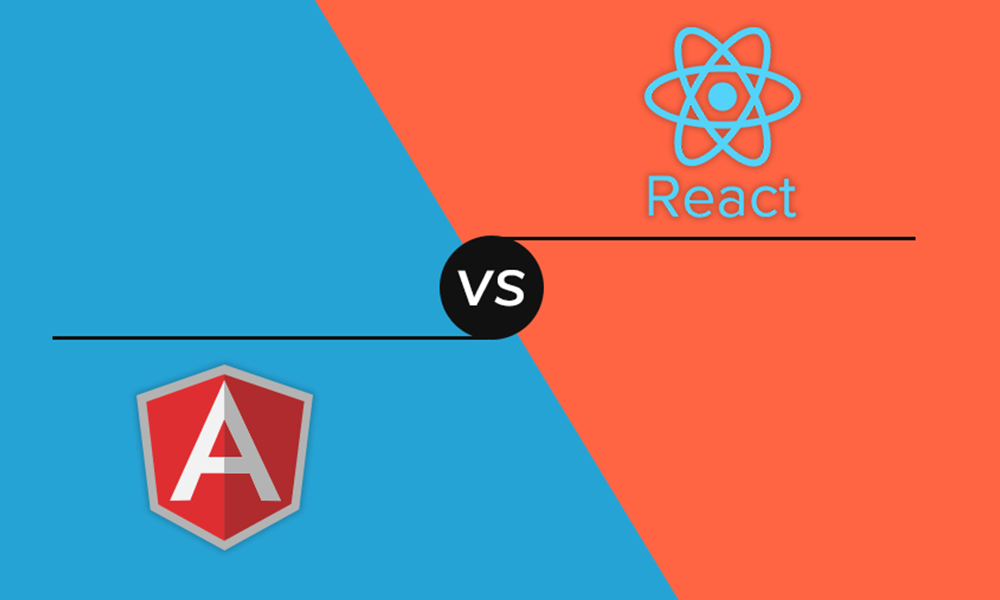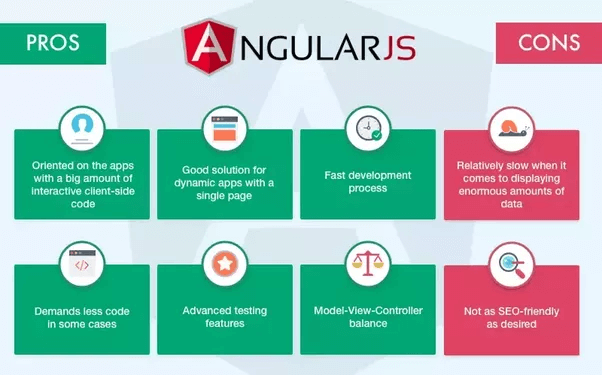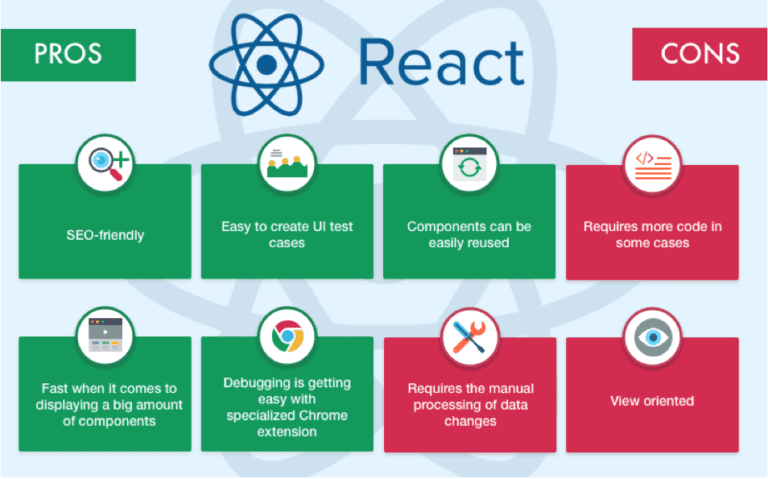Recent insights
Exploring the Frontiers of AI: The Role and Impact of Reinforcement Learning
Modernize Your Application: The Key to Business Transformation
The Comprehensive Guide to Native App Development: From Concept to Deployment
Exploring the Future: Anticipating 10 New Technology Trends in 2024
Hyperledger Developers: Empowering the Future of Blockchain Innovation
Exploring Emerging Frontiers: Spatial Computing and the Industrial Metaverse
Blockchain Facts: What Is It, How It Works, and Its Applications
Devin AI: The World’s First AI Software Engineer
Revolutionizing IT: AI’s Transformative Roles in Technology
AI in Healthcare: Transforming Diagnosis, Treatment, and Beyond









